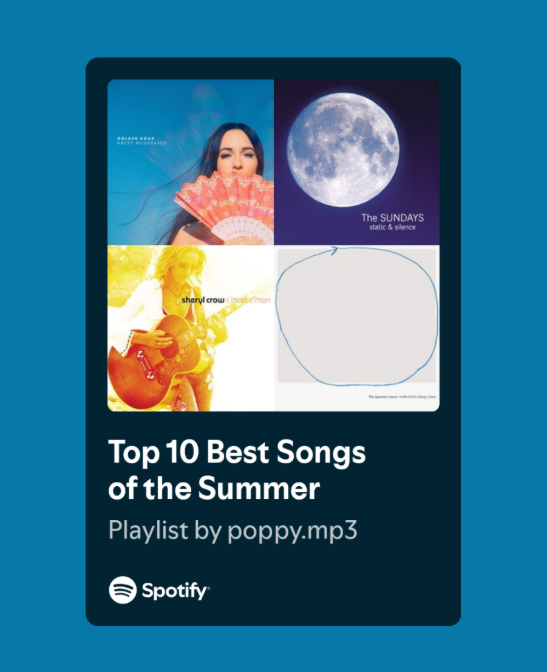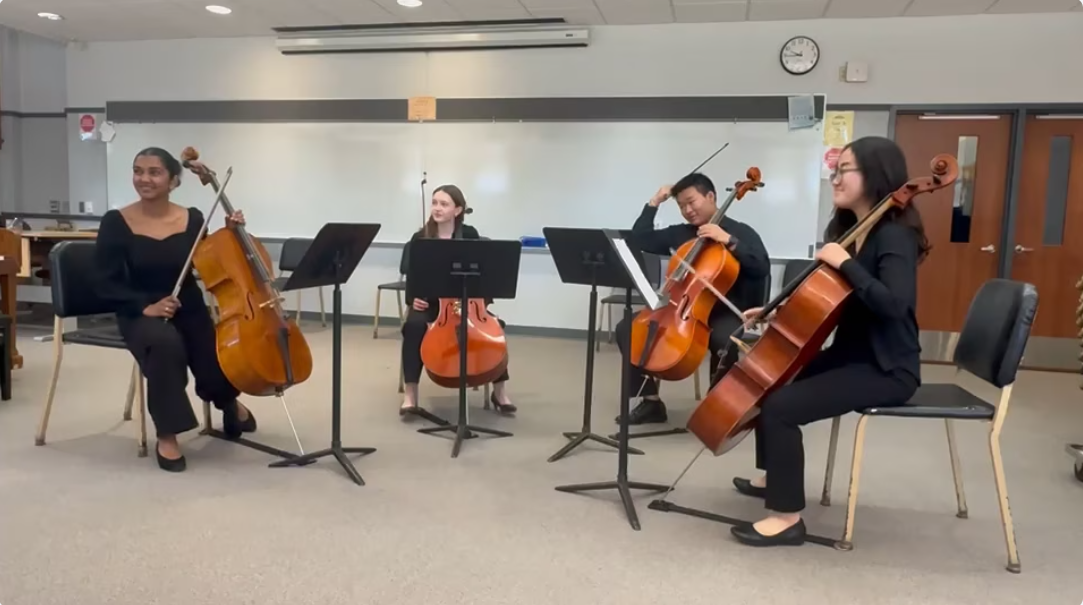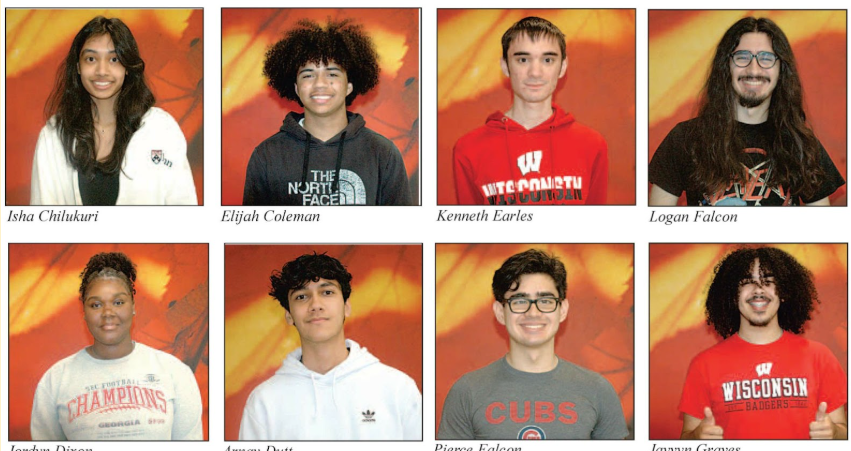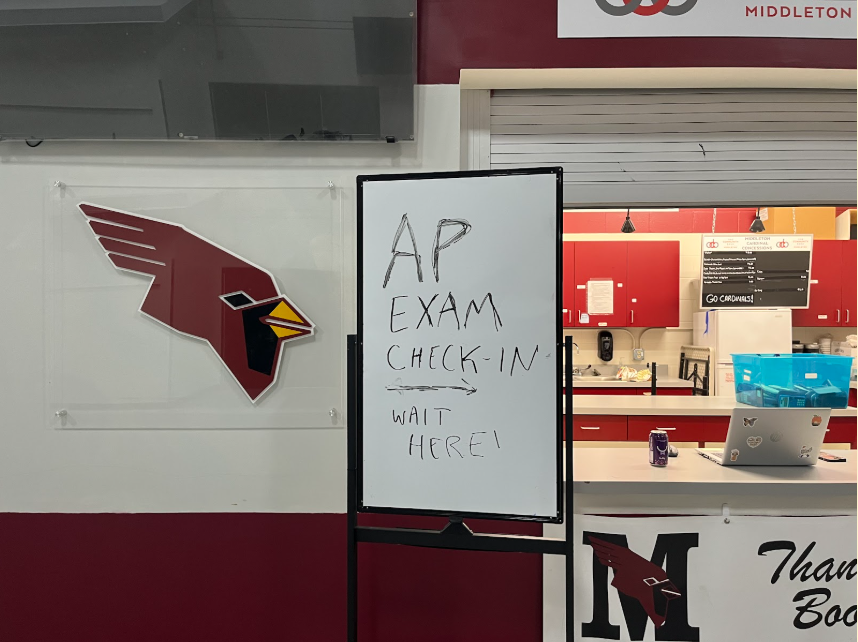Sorry to Be Single on Valentine’s Day? Don’t Be.
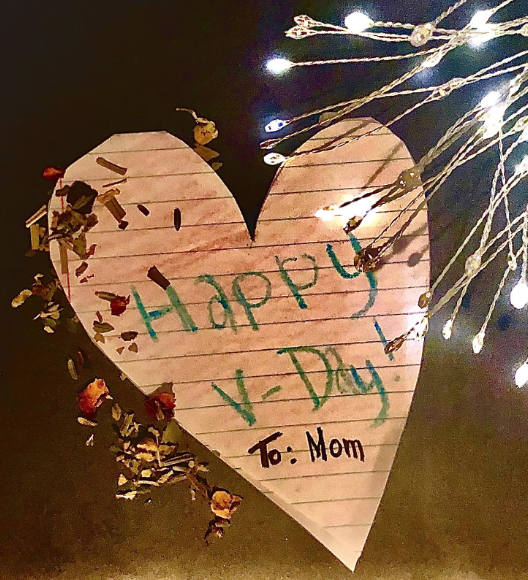
Every year around Valentine’s Day, elementary-age kids make cards for their parents, friends, and family members. As people get older, however, Valentine’s Day and love become associated with romance and attraction. As our society shifts to accommodate new viewpoints surrounding love and romance, should our understanding of February 14 change, too?
February 13, 2020
I first suspected there was something deeply wrong with our culture’s dialogue surrounding love and romance when one of the first questions my estranged father asked after not speaking with me for over three months was: Are you seeing anyone?
Over questions of my accomplishments, friendships, or brothers, he inquired about my dating life—and it wasn’t just him. Whether reconnecting with old friends or making new ones, the question is impossible to escape. From elementary school onwards, before we can even fully comprehend what it means to feel attraction, our peers, mentors, acquaintances, and relatives get to know us by asking “who do you have a crush on?”, and “no one” is not an acceptable answer.
In our society, we are constantly inundated with questions about and images of romance and sex. Our lives are put on a timetable of first kisses, relationships, virginity, proposals, and marriage, and missing one of those milestones is tantamount to failure and shame. In reality, there is a multitude of valuable reasons people might put off relationships, prioritizing friendship, or academic and career success. Even at their best, healthy relationships require give and take, and some people might not be emotionally or mentally available to handle one. Others, whether due to life circumstances and priorities or innate sexual and romantic orientation, don’t want romance or intimacy.
According to research by Anthony Bogaert at Brock University, about 1% of the population exists on the asexual-aromantic spectrum. For these people, romantic and physical relationships are not desirable. Asexuality and aromantic orientation are among the most misunderstood LGBT+ issues, surrounded by harmful stereotypes and baseless generalizations. Our romance-centric, hypersexualized society is often incapable of understanding why or how some individuals do not feel or desire attraction. Whether as a personal choice or an innate orientation, the decision to or circumstance of remaining single invites shame, questioning, and criticism.
These beliefs around love and relationships also perpetuate myths surrounding self-worth and happiness. From Cinderella to the Marvel franchise, romantic fables to action movies, our media and popular culture, especially media targeted towards teens, constantly reinforce the belief that romantic success is synonymous with happiness. The idea that romantic relationships guarantee success creates desperation, leading people to engage in them even when it is a premature or abusive situation. The conditioned notion of romance as indicative of personal worth creates shame, especially when people who are unable or unwilling to engage in romantic relationships on a generalized timeline begin to believe that they are somehow flawed or unworthy as a result.
Around February 14, these societal pressures heighten. Singleness, and all of the associated humiliation, is amplified by the sudden focus on dates, grand romantic gestures, and declarations of love. Whether or not romance is desired by an individual, the pressures put on us around this time of year, coupled with the false idea that high schoolers should and must pursue relationships, can leave young people feeling isolated and unworthy.
Valentine’s Day, somewhat ironically, is my favorite holiday—but not for the typical reasons. Every year since I can remember, I wake up or come home from school to see a card and chocolate from my mom on my bed, dresser, or desk. As a young child, I looked forward to exchanging cards and gifts with my friends. To me, Valentine’s Day was beautiful because it was about love, but love in all the ways we tend to forget. Familial, platonic, and self-love are no less important than romantic love, but we withhold from them the same value and obsession.
While Valentine’s Day may have originated with declarations of romantic love and attraction, our understanding and prioritization of romance continues to evolve, and so should the holiday.
Love is love and worthy of celebration, no matter what form it takes. If you’re just starting high school or about to finish it, it’s okay if you haven’t found romance yet. It says nothing about your value or worth, and even though this can feel like a lonely time of year, there’s no reason for it to be. Celebrate love in all its forms: send a carnation to your best friend; get your mom a box of chocolates; write down all the things you love about yourself. Love, and love unapologetically, whether the object of love is a sibling, a significant other, a parent, a pet, or yourself.








